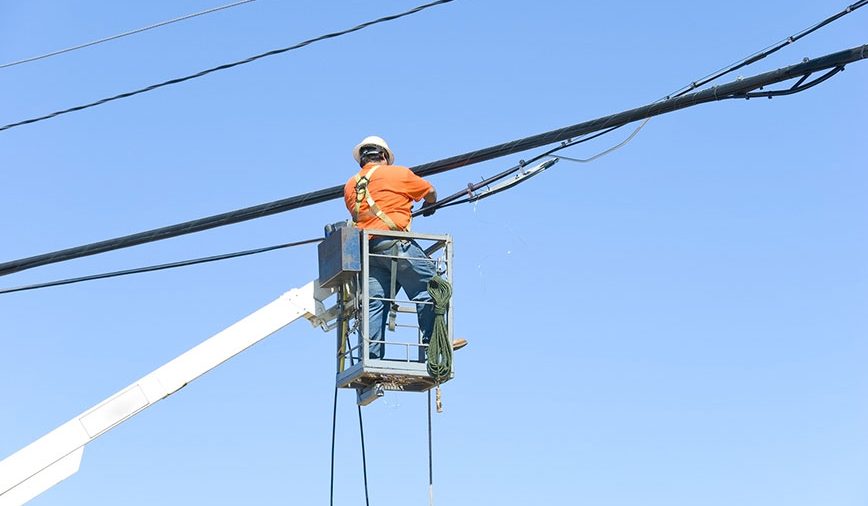You’ll notice a jump in the price per kWh you pay for electricity on your next bill. Solar is the long-term solution to rising rates.
The new price per kWh for on-peak electricity is 20.8 cents. This summer, it was 13.4 cents. Mid-peak pricing rose from 9.4 to 14.4 cents and off-peak increased from 6.5 to 10.1 cents. The Ontario Government is advertising this as “a more transparent process.” This is debatable, as interestingly, we didn’t see any press releases when standard delivery fees increased back on July 1st. While the average residential and small business Hydro One customer may not notice a large increase in their bills (because a new Ontario Electricity Rebate is also being instituted), the bottom line is that many do not realize the true cost of power, and chances are high that pricing will only continue to increase. The new rates show exactly how high bills will be when the government no longer subsidizes the cost we pay for power.
The new rates show exactly how high bills will be when the government no longer subsidizes the cost we pay for power.
When you have a net metering solar system, your current electricity meter is replaced with a bi-directional one and you use the energy you produce, receive credits for any extra power (for up to 12 months) and purchase power if needed. Delivery charges are comprised of both a monthly standard fee to be connected to the grid and a variable fee that changes according to the amount of power you purchase. The benefit of net metering is that the credits are based on both the electricity rate and the amount of variable delivery charges that are offset. So, if you purchase no power from Hydro One in a month, you only pay the standard service fee. It’s also important to note that because the current bi-directional meters cannot register time-of-use rates, net metering clients are switched to two-tier pricing. Thus, if you use less than 1,000 kWh/month, your electricity rate is only 11.9 cents, no matter what time of the day you consume it. Note: As the electrical grid is constrained in some areas (and thus net metering is not available), we also install grid-connected zero export systems. Contact Blackline to learn more.

